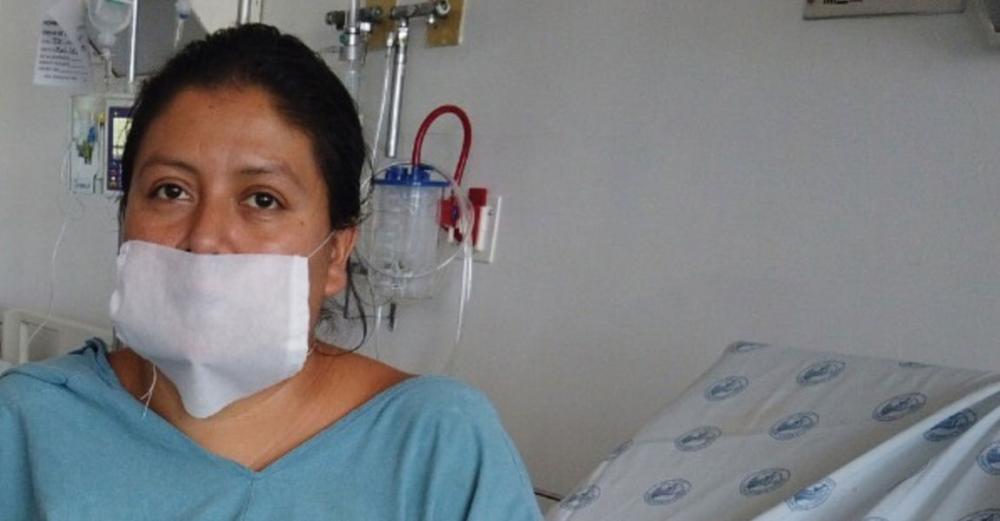Just Earth News | @justearthnews | 20 Jul 2020

New York: With the COVID-19 pandemic putting development gains at risk, exposing vulnerabilities and inequalities both within and among nations, the UN Secretary-General is urging governments to reexamine how they work together to solve global challenges.
António Guterres was speaking on Friday, during the High-Level Segment of the UN Economic and Social Council (ECOSOC) session, to review progress towards achieving sustainable development for all by 2030.
“This is the moment for the international community to heed the current wake-up call, and move ahead with a collective response in unity and solidarity”, he said.
Renewed and inclusive multilateralism
The pandemic has underscored the need for a strengthened and renewed multilateralism, the Secretary-General told the virtual gathering.
“A multilateralism built on trust, that is based on international law and is geared towards the overarching goals of peace and security, human rights and sustainable development”, he said.
This renewed multilateralism needs to be inclusive by drawing on the contributions of civil society, business, academia and other sectors, he continued. The UN and its agencies, along with international financial institutions and regional organizations, must also work together more effectively.
Critical role for ECOSOC ‘mothership’
Mr. Guterres highlighted the role ECOSOC can play in revitalizing global cooperation, describing it as the UN’s “mothership for sustainable, inclusive development”.
The Council is one of the six main bodies of the UN and serves as the central platform for reflection, debate and innovative thinking on this issue.
“But I believe Member States can empower the Council to evolve and change with the times”, the Secretary-General added.
“At this pivotal moment, with COVID-19 still spreading, geopolitical tensions rising, and the cry for racial justice, social justice and climate justice ever more urgent, we have a responsibility to respond to the anxieties, fears and hopes of the people we serve”, he said.
“A revitalized ECOSOC at the heart of a networked, inclusive and effective multilateralism can help us to do so.”
This year’s High-Level Political Forum which closed on Thursday, charting progress so far towards realizing the ambitious 2030 Agenda, has highlighted how recovery from the pandemic must lead to a more just, inclusive and sustainable world, according to the Council’s President, Mona Juul.
The two weeks of discussions revealed how COVID-19 has affected people everywhere, with impacts that will be felt for some time.
Coronavirus Portal & News Updates
Readers can find information and guidance on the outbreak of the novel coronavirus (2019-nCoV) from the UN, World Health Organization and UN agencies here.For daily news updates from UN News, click here.
Countries explained how the crisis is compounding the obstacles they already face as they work to eradicate poverty, eliminate inequality and combat climate change.
“This current reality can be disheartening, but it is precisely the kind of global challenge for which the United Nations was founded”, said Ms. Juul.
“As we celebrate the 75th anniversary of our organisation this year, we are reminded once again, never to take progress for granted. Let this be our call to action. Even in troubling times, there remains great hope in the power of working together. This is the very spirit of multilateralism.”
A need for systemic change
The pandemic has also lead to mobilization at the local and national levels, said the head of the UN’s Department of Economic and Social Affairs (DESA), reflecting on the discussions.
“The COVID-19 pandemic has highlighted the need for more resilient public health and emergency response systems, particularly in developing countries”, said Liu Zhenmin.
“It requires a response that looks not only at the short term and emergency measures. But, one that also addresses the deep systemic change and structural policies needed to reach the SDGs.”
Stamps for solidarity
Prior to officially concluding the Forum, Ms. Juul, the ECOSOC President, unveiled new UN stamps which pay tribute to frontline workers in the pandemic.
Proceeds from an added surcharge will go directly to the COVID-19 Solidarity Response Fund to support the World Health Organization (WHO) and partners.